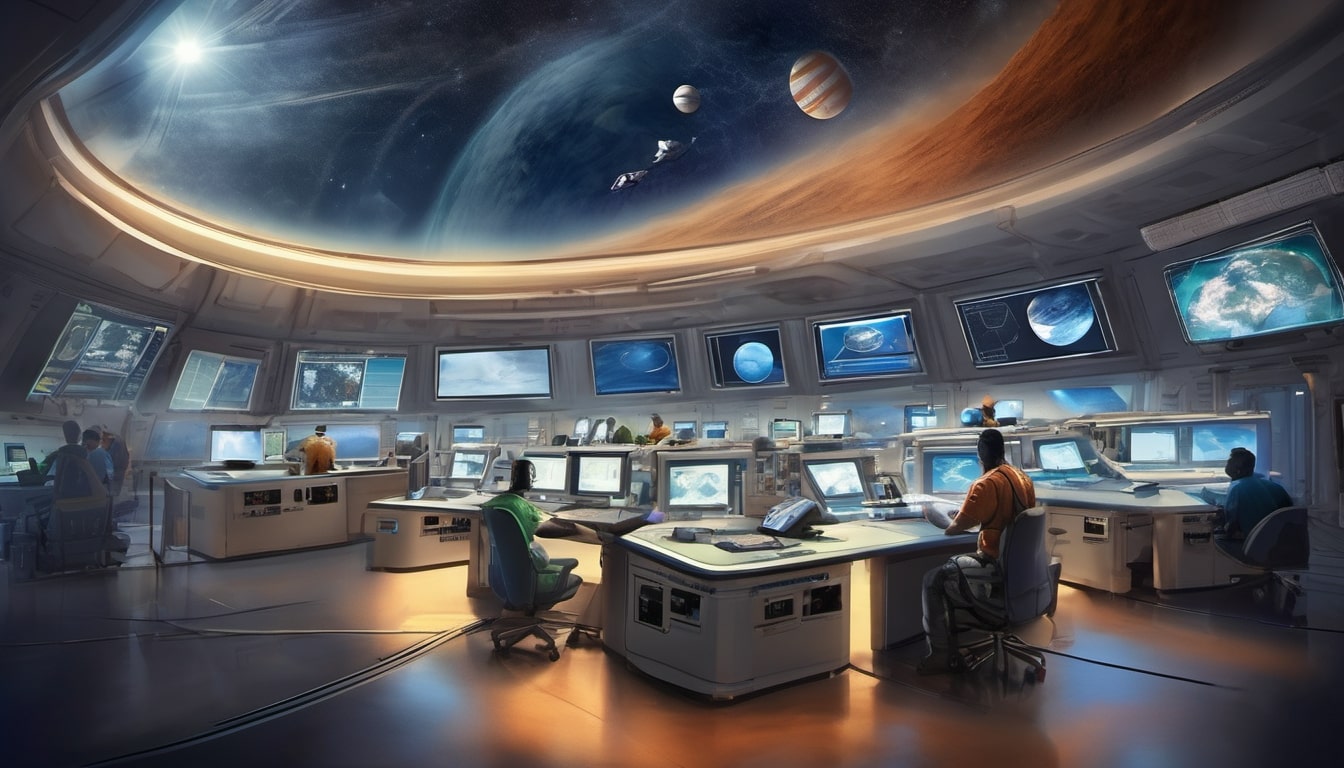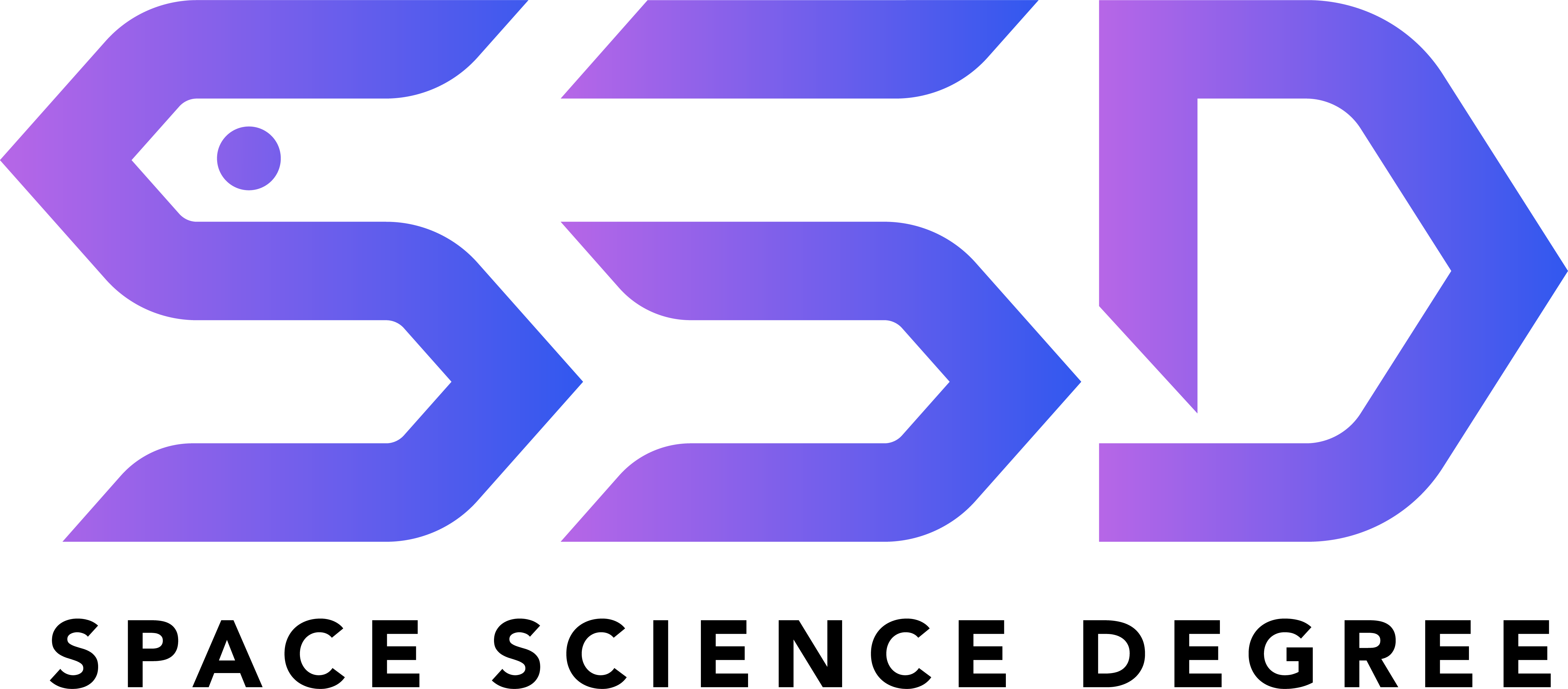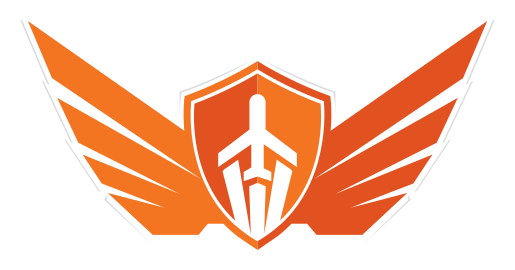
Designing a space science curriculum for middle school students can be an exciting and engaging endeavor. Here's a suggested outline for a comprehensive curriculum:
Unit 1: Introduction to Space Science
- Lesson 1: What is Space?
- Lesson 2: History of Space Exploration
- Lesson 3: The Scale of the Universe
- Lesson 4: Tools of Space Exploration
Unit 2: Our Solar System
- Lesson 1: The Sun
- Lesson 2: The Planets
- Lesson 3: Moons and Asteroids
- Lesson 4: Comets and Meteors
Unit 3: Earth in Space
- Lesson 1: Earth's Rotation and Orbit
- Lesson 2: Seasons and Climate
- Lesson 3: Moon Phases and Tides
- Lesson 4: Solar and Lunar Eclipses
Unit 4: Stars and Galaxies
- Lesson 1: Stars and Constellations
- Lesson 2: Stellar Life Cycle
- Lesson 3: Types of Galaxies
- Lesson 4: The Universe and Its Expansion
Unit 5: Space Technology and Exploration
- Lesson 1: Spacecraft and Satellites
- Lesson 2: Robotic Exploration
- Lesson 3: Human Spaceflight
- Lesson 4: Future of Space Exploration
Unit 6: Space Phenomena and Mysteries
- Lesson 1: Black Holes
- Lesson 2: Dark Matter and Dark Energy
- Lesson 3: Gravitational Waves
- Lesson 4: Search for Extraterrestrial Life
Unit 7: Careers in Space Science
- Lesson 1: Astronomer
- Lesson 2: Aerospace Engineer
- Lesson 3: Planetary Scientist
- Lesson 4: Space Mission Specialist
Unit 8: Hands-on Activities and Projects
- Design and launch model rockets
- Build a scale model of the solar system
- Create a star chart for different seasons
- Construct a simple telescope or spectroscope
Assessment:
- Quizzes and tests
- Hands-on projects and presentations
- Worksheets and homework assignments
- Observational journals for night sky observations
Additional Resources:
- Guest speakers (astronomers, engineers, etc.)
- Virtual field trips to space agencies or observatories
- Educational space documentaries and videos
- Interactive online simulations and games
Integration:
Connections to other subjects like mathematics (calculating distances, sizes, etc.), history (historical context of space exploration), and language arts (writing about space topics).
By structuring the curriculum in this manner, students will have a well-rounded understanding of space science while engaging in hands-on activities and projects to reinforce their learning. Additionally, incorporating various assessment methods and supplementary resources will ensure that students remain actively engaged throughout the course.


